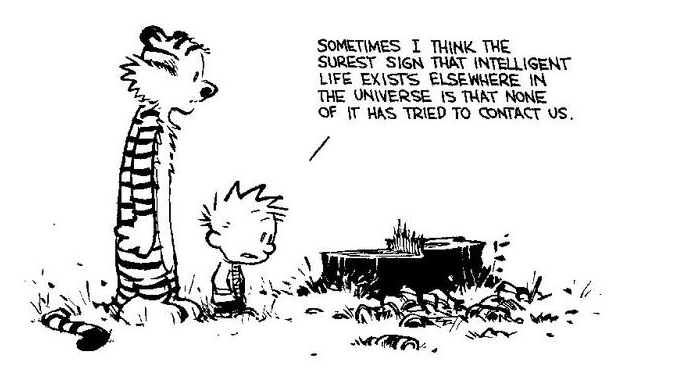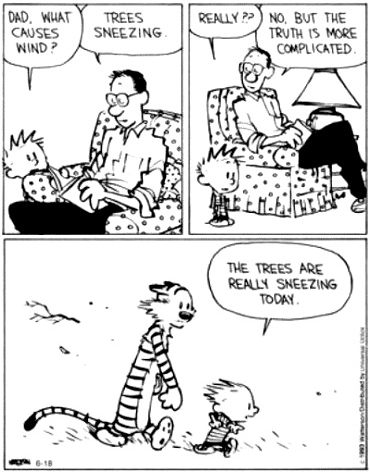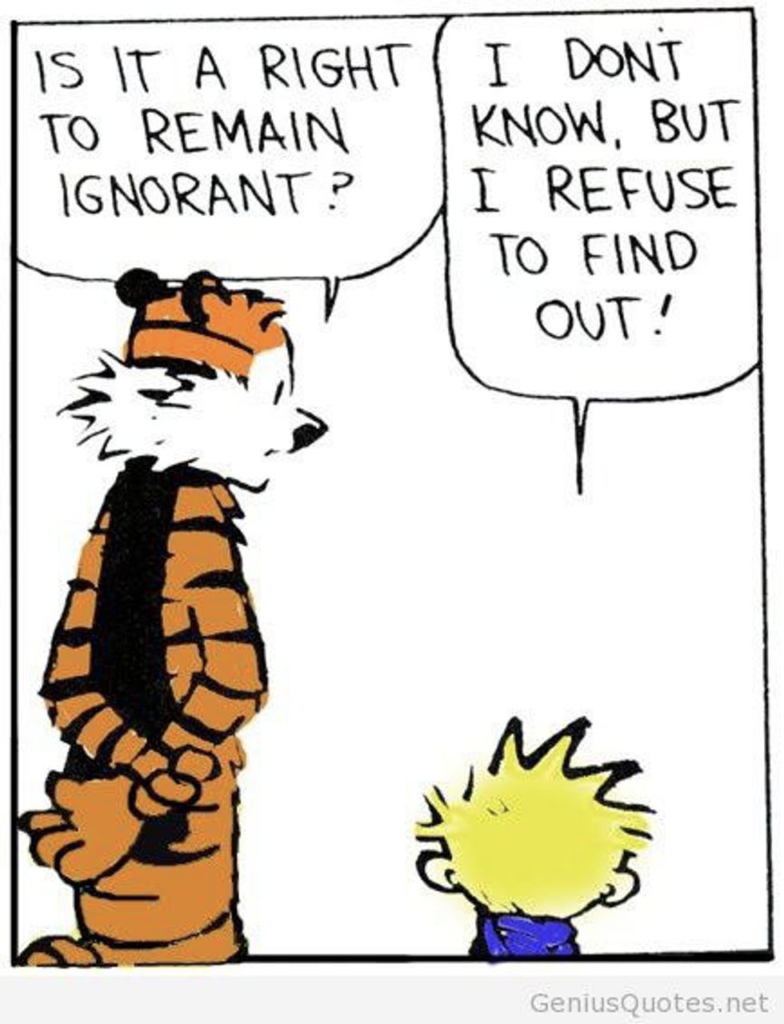
John Lennon was famous for his Beatles period, and his “Imagine” has become something of a hymn to those who seek a better world.
He may have had his faults as a human but he certainly could pen an excoriating lyric when the mood took him:
I’m sick and tired of hearing things from
Uptight short sided narrow minded hypocrites
All I want is the truth, just give me some truth
I’ve had enough of reading things
By neurotic psychotic pigheaded politicians
All I want is the truth, just give me some truth.
Truth used to be an absolute. In today’s world, it feels less so. Our perceptions have always shaped the “truth” and this inevitably creates ambiguity. In recent times that ambiguity is skyrocketing.
If it appears on social media is it a fact or an opinion?
Are all opinions of equal value?
Just because you believe it, does it make it true?
Just because hundreds or thousands believe it does it make it true?
Did man really land on the moon?
What happened at Area 54 and Roswell?

And people believe(d) that:
- Elvis Presley faked his death to escape the limelight – or the mafia
- An alien satellite set up more than 12,000 years ago to spy on humans was shot down by elite soldiers from the Illuminati.
- Adding fluoride to tap water was a Communist plot designed to weaken and mentally impair American children.
- The CIA created a synthetic disease (HIV/AIDS) designed to target homosexuals, African-Americans, and other groups that displeased the government.
In 2016, Oxford declared its Word of the Year to be “post-truth”. In 2018 dictionary.com named “misinformation” the word of the year.
Lies, misinformation and disinformation are not new. Some examples from history include:
- Modern day portraits of Vikings portray them wearing the horned helmets people commonly associate with them, but that’s not the case. While the horned helmets did exist, they were from the Bronze age, and were used for ritualistic religious ceremonies.
- White Star Line, the owners of the ill-fated ship RMS Titanic, claimed that the ship was unsinkable. In reality, it’s safety features were below the standard of the time, and the iceberg proved that it was definitely sinkable.
- In 1912, an unusual skull was discovered in Piltdown, England. It was believed to be the remains of an early human, but decades later, the specimen was proved a fake. It turned out to be an orangutan jaw grafted onto a human skull.
- In WWII, Alan Turing successfully cracked the Nazi Enigma code, but the Allies didn’t want the Germans to know that they’d cracked it, so they created ‘Ultra.’ The Ultra campaign was a deliberate series of lies designed to keep the Nazis thinking that the code was intact.
- During the Salem Witch Trials, more than 200 people were accused and tried for being witches, but no American witches lost their lives by being burned at the stake.
- U.S Tobacco: “Cigarette smoking is no more ‘addictive’ than coffee, tea, or Twinkies.”

In our world truth is taking a beating. Increasingly, it’s getting hard to watch the news and trust what we hear and see. Each day we either log in or turn on the TV or radio to figure out what is going on in the world. Not uncommonly, we find ourselves surrounded by facts, opinions and opinions masquerading as facts.
The constant barrage of information and opinions enabled by the internet and a 24-hour news cycle is not only disorienting, but also makes it difficult to discern between what is “news” and what is “opinion.” This confusion has led to a decline in trust in politicians, scientists, leaders, journalists, etc.
Politicians bemoan “fake news,” seemingly absurd conspiracy theories are taken seriously and social media gives everyone the opportunity to construct their own narrative of reality.
Is it any wonder that people are claiming: “Everybody’s lying! Nobody’s telling you the truth! ”
Bloggers and influencers become source material for what many people choose to believe.
Conspiracies thread their way into people’s “reality” via social media and if they get traction they can migrate into the mainstream as “alternative opinions”.

So, for the young people who will lead us into the future, who will teach them how to find and discern truth in what is increasingly becoming a “post-truth world”?
I am afraid it will be parents and schools who provide children and young adults with the intellectual rigor, research skills and discernment to analyse and interpret what the world broadcasts at them.
Some of the skills we will need to impart include:
- Is the story so outrageous you can’t believe it? Maybe you shouldn’t. Respect the voice inside you that says, “What?”
- Many stories play on your existing beliefs. If the story perfectly confirms your worst suspicions, look for more information.
- Does the headline match the article? Many compelling headlines don’t.
- Does the article match the news story it’s lifted from? Many sites rewrite other news articles to fit the political slant of their presumed audience.
- Are quotes in context? Look for the sentences before and after the quote that makes your blood boil. If the article fails to give them, that’s a warning sign.
- Does the story attack a generic enemy? Good reporting doesn’t make generalisations.
- Are you asked to rely on one killer factoid? Not a good idea.
- Who is the news source, anyway? Traditional news brands may occasionally get it wrong — sometimes hugely wrong — but at least you know where to find them and hold them accountable.
- Does the news source appear to employ editors? Many news organisations produce stories that are checked before publication. Others don’t.
- Are you told, “Trust me”? Don’t. It’s the post-trust era! Expect everyone to show where their facts come from, link to underlying articles.
- Did the writer engage with anyone who disagrees? Those who wrestle with opposing arguments do you a service and often improve their own arguments.
Or Else…..

Mr Terry Muldoon Principal, St Columba Anglican School |

